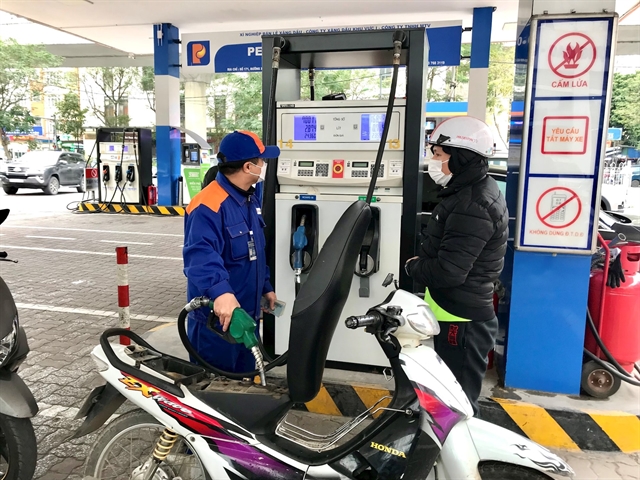 Economy
Economy

.jpg) |
| Keynote speakers of the seminar "Prospects for trade promotion activities between Indonesia and Vietnam in 2024" held in HCM City on Monday. — VNA/VNS Photo |
HÀ NỘI — The Vietnamese and Indonesian economies share many similarities, conducive to cooperation in trade, agriculture, and fisheries promotion, said experts at a symposium held in Hồ Chí Minh City on Monday.
The event was co-organised by the municipal Investment and Trade Promotion Center (ITPC) and the Consulate General of Indonesia in the southern economic hub.
Hồ Thị Quyên, Deputy Director of the ITPC, said Indonesia is Việt Nam’s third-largest trading partner in the ASEAN region and potential import market.
According to statistics from the General Department of Vietnam Customs, the countries’ trade reached nearly US$14 billion in 2023, with Việt Nam's export value to Indonesia exceeding $5 billion. Rice was the largest contributor to the export turnover with $640 million from 1.16 million tonnes.
Quyên added that in addition to rice, other key currency earners of Việt Nam, such as agro-fishery products, food, and consumer goods, have yet to reach their expected levels or fully tap the potential of both sides.
The HCM City government is working to improve the business climate and create favourable conditions in policies and procedures to welcome foreign investors and enterprises, including those from Indonesia, she noted.
Indonesian Consul General in HCM City Agustaviano Sofjan stated that despite the impact of the global economic downturn, the bilateral trade still experienced significant growth and is projected to hit $15 billion in the near future.
Their business communities mainly consist of small- and medium-sized enterprises, and both nations need to encourage more trade activities between them, the diplomat said.
Meanwhile, Edwin Setiawan Tjie, Chairman of the Indonesian Business Association in the city, stressed that apart from trade, the countries see potential for joint works in agro-fishery development.
Việt Nam and Indonesia can share experience in adjusting policies, developing human resources, and promoting farm produce trade, he recommended, adding that in the aquatic farming sector, they can work together in technology transfer investment and researching sustainable farming models. — VNS

.jpg)


